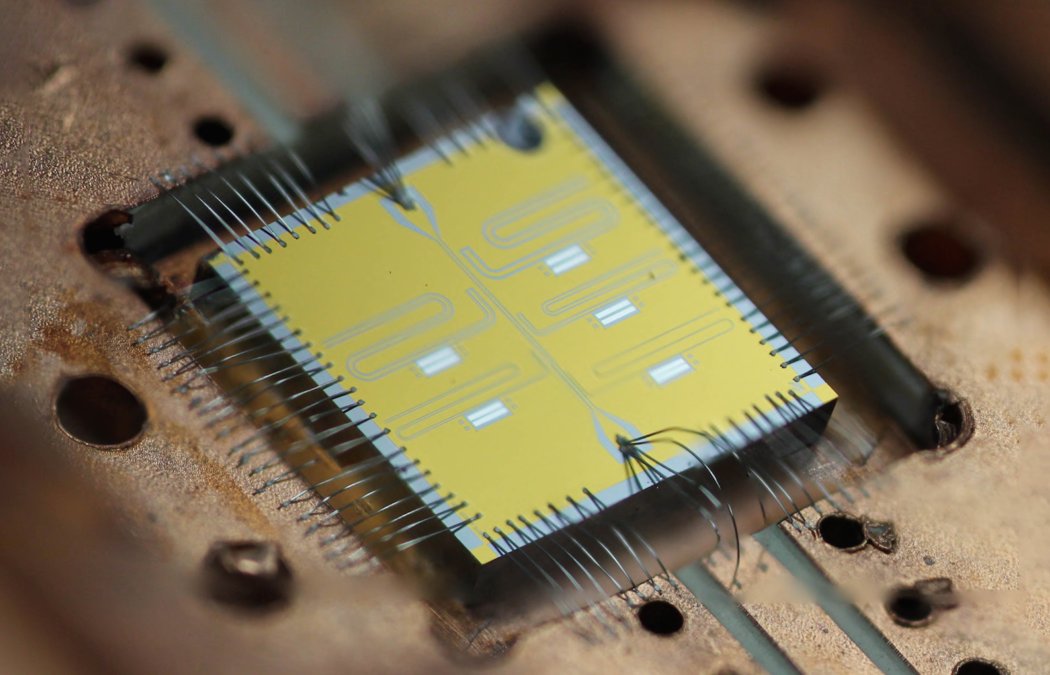
Quantum Record Broken
Two Ph.D. students from the Swiss Federal Institute of Technology (ETH Zurich) have successfully simulated a 45-qubit quantum circuit, inching us closer to quantum supremacy — the point at which quantum computers could outperform any extant classical computer, estimated to require 49 qubits.
Thomas Häner and Damien Steiger also successfully simulated 30-, 36- and 42-qubit quantum circuits during their time at the National Energy Research Scientific Computing Center (NERSC) at the Lawrence Berkeley National Laboratory.
The students used 8,192 of the 9,688 Intel Xeon Phi processors on Cori, NERSC’s newest supercomputer, for the largest of their simulations. Unfortunately, they could not run an even larger simulation using all of the supercomputer’s nodes as that would risk the system collapsing.
The Quantum Revolution
Quantum computing has the potential to revolutionize the entire world by increasing the processing power of computers by orders of magnitude. However, two questions have thus far stumped quantum computer creators: how to create machines with sufficient processing power and how to scale those machines for mass production.
Supermaterials like graphene have been suggested as an answer to the first problem, but researchers will want to calibrate and optimize their designs before sinking precious money and time into their endeavors. That’s where simulations become essential, according to a paper Häner and Steiger presented at SC16:
While large-scale quantum computers are not yet available, their performance can be inferred using quantum compilation frameworks and estimates of potential hardware specifications. However, without testing and debugging quantum programs on small scale problems, their correctness cannot be taken for granted. Simulators and emulators … are essential to address this need.

The potential uses for quantum computers once they are developed are seemingly infinite. While most center on complex data analysis, which classical computers can only perform very slowly or not at all, others have considered even more innovative uses for quantum systems.
Kindred has hypothesized that a robotic exoskeleton capable of managing the work of four people could be powered using a quantum computer. A molecule has been modeled successfully using one, paving the way to computing entire chemical systems, and Google has considered using quantum computing to enable their autonomous vehicle to distinguish cars from other objects more effectively.
Truly, the era of the quantum computer is just on the horizon, and once we reach it, every computer system we use will have the potential to become faster and more powerful.